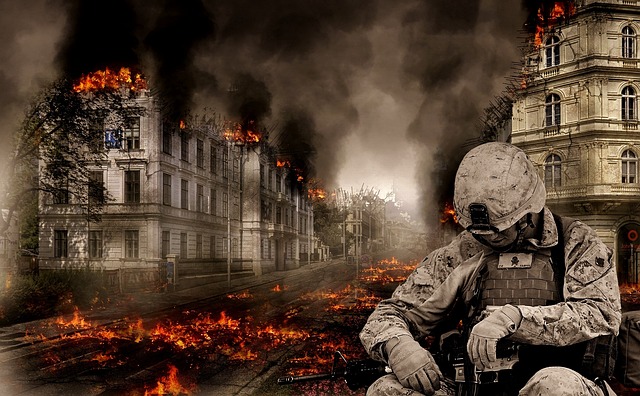Following a tense meeting between Ukrainian President Zelensky and President Trump, European leaders, led by UK Prime Minister Keir Starmer, convened to formulate an alternate peace plan for Ukraine, expressing a “coalition of the willing” to support Kiev and hoping for future support from the Trump administration. Starmer’s plan includes continued military and economic aid to Ukraine, ensuring Ukrainian sovereignty in any peace talks, boosting Ukraine’s defenses post-deal, and a willingness to consider deploying Western troops. This initiative appears aimed at counteracting Trump’s approach, which some view as undermining Ukrainian sovereignty and potentially pushing the US into a confrontation with Russia, further exposing divisions within the Western alliance.
Editor’s Note: The unfolding dynamics in Ukraine pose significant implications for European peace and security, as the continent teeters on the edge of a precarious balance. Europe’s efforts to bolster Ukraine’s defenses and forge a peace plan, while commendable, are fraught with challenges, particularly given the uncertain backing from the United States. This scenario raises profound questions about whether Europe is inadvertently escalating tensions that could lead to a broader conflict. If a war were to occur, predicting a victor is complex, as it would depend on numerous factors, including military capabilities, alliances, and economic resilience. However, the real concern is not who might win, but the catastrophic consequences of such a conflict for global stability. Europe’s path forward must be guided by a nuanced understanding of these risks and a commitment to diplomatic solutions that prioritize peace over military might.
Read Original Article
Read Online
Click the button below if you wish to read the article on the website where it was originally published.
Read Offline
Click the button below if you wish to read the article offline
